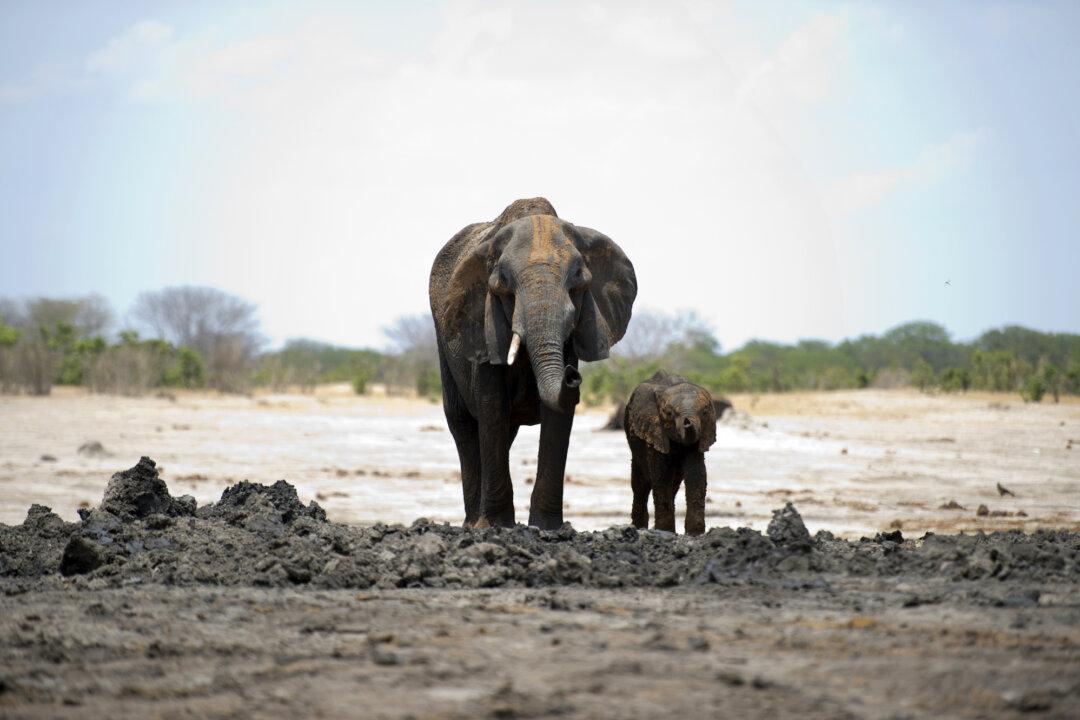A 22-year-old British soldier has been killed by an elephant during anti-poaching operations in Africa.
The Ministry of Defense (MoD) confirmed that Guardsman Mathew Talbot was killed on May 5 in Malawi.


A 22-year-old British soldier has been killed by an elephant during anti-poaching operations in Africa.